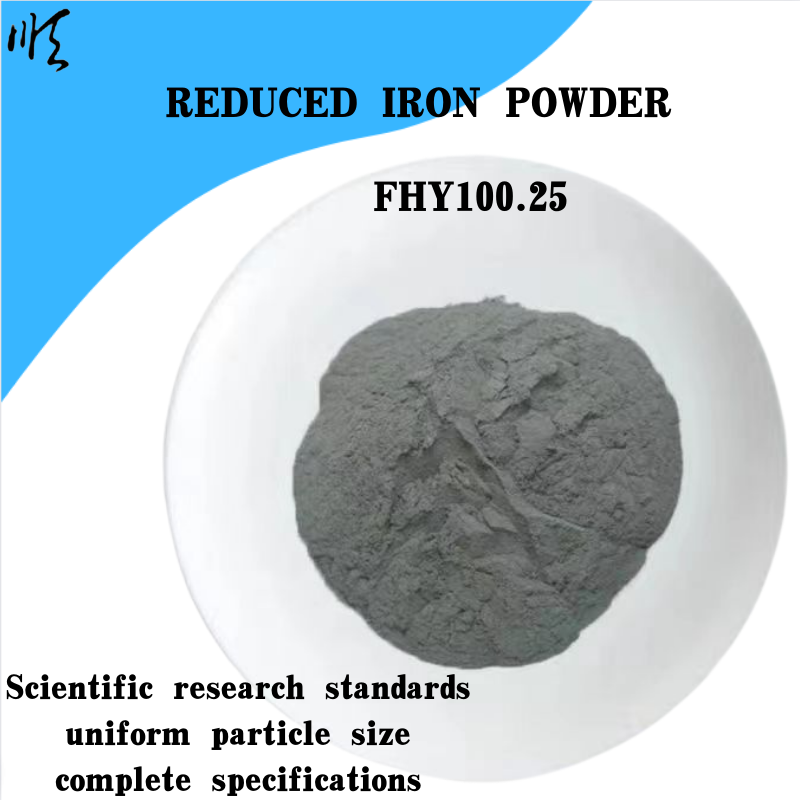
Customizable Perlite Mineral Solutions for Diverse Applications and Enhanced Performance
The Unique Properties and Applications of Custom Perlite Mineral
Perlite, a naturally occurring volcanic glass, is becoming increasingly popular in various industries due to its unique physical and chemical properties. It is formed when volcanic lava cools rapidly, trapping water vapor within its structure. When heated to high temperatures, perlite expands significantly, creating a lightweight, porous material that is widely used in construction, horticulture, and various industrial applications. This article explores the features of custom perlite mineral and its diverse applications across different sectors.
Unique Properties of Perlite
One of the most distinct characteristics of perlite is its lightweight nature. Expanded perlite can be up to 85% lighter than conventional aggregates, making it an excellent choice for applications where weight reduction is essential. Its structure also gives it remarkable thermal insulation properties, allowing it to resist heat transfer effectively. This quality is valuable in construction, where energy efficiency and indoor climate control are priorities.
Another notable feature of perlite is its moisture retention capability. The porous structure of expanded perlite enables it to hold water while still allowing air circulation, making it ideal for horticultural applications. It provides a well-aerated growing medium, helping to prevent root rot and promoting healthy plant growth. Furthermore, perlite is pH-neutral and does not contain any nutrients, making it versatile and safe for use in various growing conditions.
Customization in Perlite Production
One of the exciting aspects of perlite is the ability to customize its properties for specific applications. Manufacturers can control the expansion process, resulting in different grades and particle sizes of perlite. For instance, fine perlite may be used for seed starting mixes, while coarser varieties are suitable for drainage in potting soils. Additionally, the surface treatment of perlite can enhance its functionality, such as increasing its affinity for moisture or allowing for easier mixing with other materials.
custom perlite mineral

Custom perlite can also be engineered for particular industrial needs, such as fireproofing or soundproofing materials. When incorporated into construction and manufacturing processes, customized perlite can enhance the performance of final products, increasing their durability and efficiency.
Applications of Custom Perlite
The applications of custom perlite are vast and varied. In the construction industry, it is commonly used as lightweight aggregate in concrete, providing improved thermal insulation and reduced weight for structures. It can also be found in masonry block production and as a component in lightweight plaster and stucco.
In horticulture, custom perlite is a favorite among gardeners and commercial growers alike. Its ability to aerate soil and retain moisture makes it an essential ingredient in potting mixes, hydroponics systems, and seedling propagation. By tailoring the particle size and surface properties, manufacturers can create specialized mixes designed to optimize plant growth in various environments.
Perlite is also used in industrial processes, including filtration systems, where its porous structure allows for efficient separation of solids from liquids. Its insulative properties make it suitable for use in fireproof products and as a protective layer in high-temperature insulation applications. The chemical inertness of perlite ensures that it does not react with other substances, making it a safe choice for a myriad of uses.
Conclusion
Custom perlite mineral is a versatile and valuable material with a wide range of applications across multiple industries. Its unique properties, including lightweight nature, thermal insulation, and moisture retention capabilities, make it suitable for diverse uses from construction to horticulture and industrial manufacturing. The ability to customize perlite further enhances its appeal, allowing it to meet specific needs and preferences in various applications. As industries continue to seek sustainable and efficient materials, the demand for custom perlite is likely to grow, making it a significant player in the future of material science and engineering.
Share
-
Premium Resin Coated Sand - High Heat Resistance CastingNewsJul.31,2025
-
High Quality Silicon Carbide Grit for Abrasive ApplicationsNewsJul.30,2025
-
High-Quality Ceramsite for Plants & Gardening | Lightweight PebblesNewsJul.29,2025
-
Premium Burgundy Glass Marbles for Vases & Shooter GamesNewsJul.29,2025
-
High Purity Quartz Sand for Industrial and Ground ApplicationsNewsJul.29,2025
-
High-Quality Barite Powder for Drilling & Industrial UseNewsJul.29,2025






